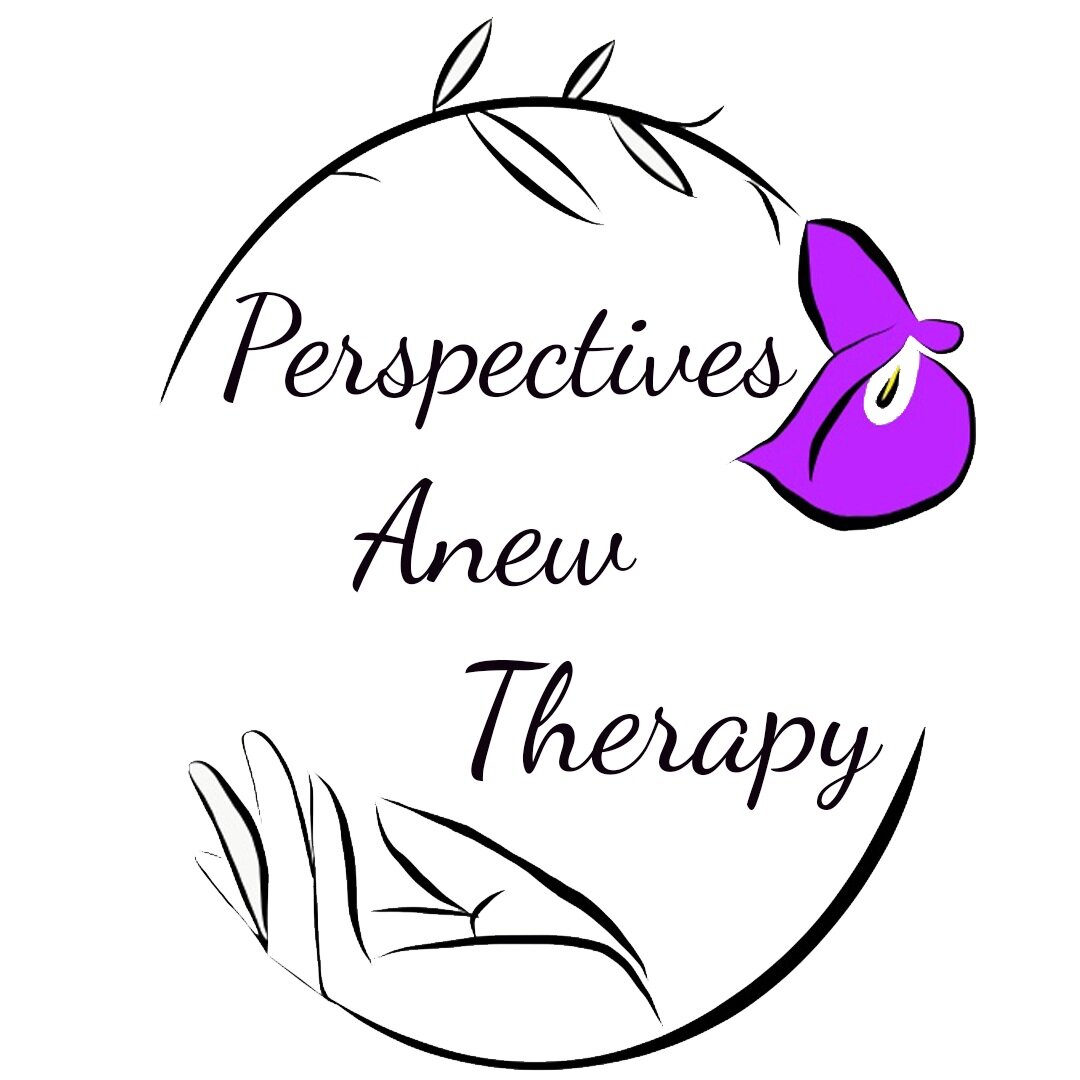Trauma-Focused Cognitive Behavior Therapy
Trauma-Focused Cognitive Behavior Therapy, or TF-CBT, helps people recognize and understand how traumatic experiences impact a child’s mental, behavioral, emotional, physical, and spiritual well-being. This form of therapy analyzes how trauma shapes an individual’s emotional and behavioral responses throughout life. In return, TF-CBT provides children with skills to help understand, cope, and process memories and emotions related to their traumatic experiences. The goal of this therapy is to have the child create healthier adaptive responses relating to the trauma they endured.
TF-CBT is a short-term treatment model that has the ability to improve a variety of different trauma-related outcomes within 8-25 sessions with both the child/adolescent and guardian present. While this form of therapy is helpful in treating a PTSD diagnosis and symptoms it’s also useful in helping treat anxiety, cognitive and behavioral problems, and improves the guardian’s distress about the child’s trauma. This results in the guardian understanding the child’s experiences, creating effective parenting skills, and supporting better interactions with the child.
Benefits of this therapy include re-establishing safety, identifying triggers, developing healthy coping skills, decreasing traumatic stress symptoms, and practicing trauma processing. A TF-CBT therapist will have activities centered around the child’s age and experiences in addition to creating activities to address the memories associated with the trauma. All activities will be tailored to the child’s sensitivities surrounding their trauma as well as utilizing relaxation techniques during the session.
At Perspectives Anew Therapy, all four of our clinicians are certified in TF-CBT to help assist any children or adolescents in need of overcoming their trauma. Contact us today to set up an appointment with any of our therapists.
Sources: Center for Child Trauma Assessment, Services & Interventions. TF-CBT Therapist Certification Program
